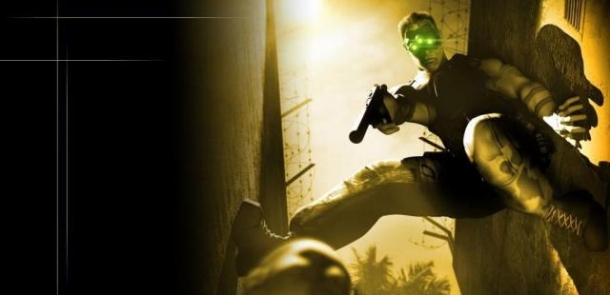The following description of Sam Fisher was written by Richard Dansky, the screenwriter for Splinter Cell: Conviction and Splinter Cell: Blacklist, around the time he was writing Conviction.
"The tagline you’ve been hearing a lot is 'The Sam Fisher you knew is dead', and that’s for a reason. In a lot of ways, this is a completely new Sam. He’s a logical evolution from the guy that he was in the previous games, because what he did and what he’s seen have had an effect on him. It’s great to have a hero who’s this unchanging cipher, but consider what Sam’s gone through: Sarah’s death, Lambert’s shooting, walking away from his career, having everything he’s done and sacrificed questioned. To go through all of that and not change would be unbelievable. Sam had to evolve to remain true to the franchise. To have frozen him in amber would have been a disservice to everything that had gone before.
The key to the new Sam Fisher is that there’s a fundamental difference in the way Sam thinks about himself now, as opposed to the way he used to think about himself (and everyone else still thinks about him). Once upon a time, Sam thought of himself as an asset. That’s the way Grim still thinks about him, that’s the way Reed thinks about him, that’s the way everyone except Coste thinks about him. He’s a walking bag of tricks that can do X, Y, and Z to them, and not a human being, and it doesn’t matter whether they need him to do good things or bad things, they’re not interested in Sam as Sam. Or at least, not interested enough to prioritize it.
But Sam finally is. Now that he’s outside the agency and pursuing his own goal, he’s finally in a position to figure out who he is and what he wants, and that really changes everything. It changes him from reactive to active, it changes him from following orders to improvising, it changes him from relying on other people to really using the world around him – and everyone in it – as a resource to get what he needs.
You’ll see that in a lot of little ways in the game, everything from how he enters rooms to the sorts of conversations he has. Because things have finally gotten personal for Sam in a very real way, and in way they never have been before. And that has to make a difference."
